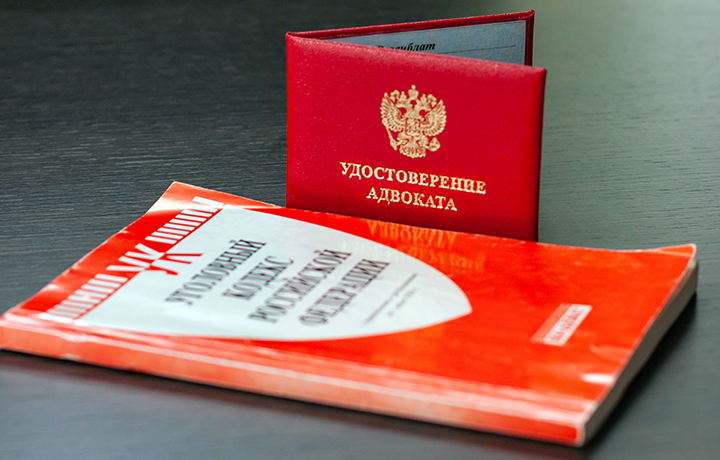A specialist who works in any field is simply obliged to have a document on hand that will confirm one or another level of his qualification. This is a guarantee of an excellent clientele, and a guarantor of further activities with a growth prospect. The green light for work in the framework of jurisprudence is a lawyer warrant. In what it is, how the document works, when it is needed, we will now try to understand in great detail.
Description of the term
So, a lawyer warrant is a document, the presence of which is mandatory for all representatives of this profession. Paper serves as a guarantee that the specialist will take all the necessary steps to ensure the success of the case. Also, a lawyer's warrant is a confirmation that the lawyer will abide by all the norms when conducting his work, and will also keep the lawyer's secret.
It is important to emphasize that in theory this is precisely so. However, in practice, secrecy and execution of warrants through the main representatives of the board are two concepts that contradict each other. Below we will deal with this inconsistency in more detail.
The presence of this document by a person who wishes to act on the side of the defense in legal proceedings confirms that he is recognized by the Bar Association and is a professional in his field. Of course, this raises its importance and status in the eyes of customers and allows you to get the most interesting and highly paid cases.
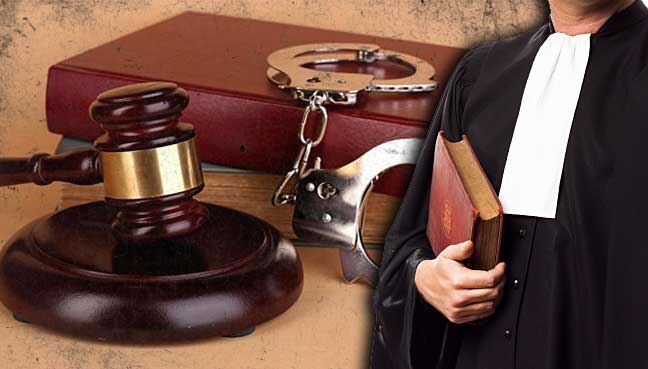
Origins
From about the second half of the twentieth century, a document appeared on the territory of the then USSR, which was a kind of permission for each lawyer to engage in their direct duties under the law. These were consultations, customer protection, escort during the execution of various papers, etc. It was presented in the form of a document confirmed by the state seal, and was obligatory to receive. We all remember that in the USSR it was impossible to break the law, and nobody practically did this, including lawyers.
After the collapse of the Union, legal activity was not controlled at all. There were more than enough lawyers, and all of them, even without education and experience as such, could work in this area and receive fabulous money for it. But this state of affairs did not last long. After all, many of these alignment fundamentally did not suit. The state began to wage an active struggle against illegally registered offices that recruited people without education.
At the dawn of the onset of the new millennium, a requirement appeared in the framework of the law, which obliged all human rights defenders to acquire warrants for a lawyer's request. In other words, papers giving the right to carry out their actions in relation to a particular case.
You can get them in the office in which the human rights activist is officially employed. The form of a lawyer's order is developed by a specific board, but is “customized” to uniform standards. This document in absentia implies that the lawyer has education and one or another experience, therefore, he can work within the framework of the law.
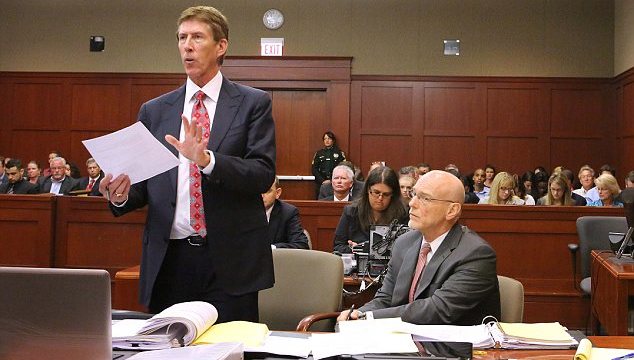
Permissions
Now consider the issues raised in detail. In the period from 1993 to 1999, each human rights activist had the right to work in his field under the so-called permit. It was issued to each of the existing bar associations, and in order to receive it, the employee simply needed to prove their qualification skills and the ability to really work in the framework of this difficult profession.The permit allowed the lawyer to have relations with all state bodies, state institutions, individuals and legal entities.
Later, bills were passed, which made a lawyer's warrant mandatory in legal practice. This document was called to systematize and "fit" everything into a single state system, that is, a standard. However, this suggested that every human rights defender should now work within the framework of a specific college, and cannot work independently. In some cases, this could violate the lawyer secrecy, which is extremely unacceptable in such a profession. There are still many similar incidents regarding lawyers, due to the fact that the laws are not perfect.
Difficulties in practice
Nevertheless, one way or another, bypassing the law, many current lawyers, not being tied to a particular office, successfully work in their profession. According to the law, a human rights activist can also represent the interests of his client by his personal power of attorney.
However, there are many nuances. First, issuing a power of attorney is not as fast as getting a lawyer's order. Secondly, this does not give the human rights activist such powers in court that he could have thanks to the warrant. He simply, in fact, is a confidant of one of the parties, but does not equate to the status opposite to the prosecutor.
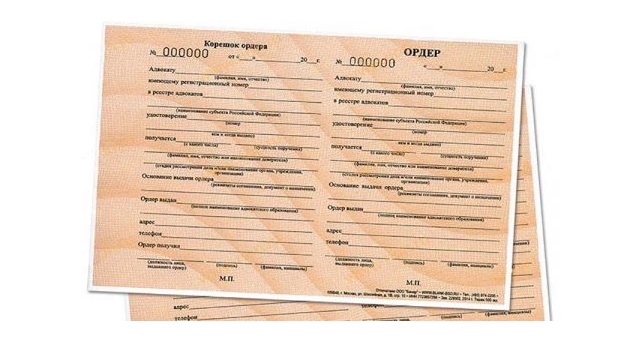
Regulatory bills
There are only a few:
- The Code of Criminal Procedure of the Russian Federation dated December 18, 2001 No. 174 FZ. It implies that a lawyer can intervene as a defense attorney upon presentation of an order and a certificate from the relevant board. From the moment he does this, the rules prescribed in the third part of Article 53 of this Code shall apply to him.
- Federal Law of May 31, 2002 No. 63-FZ. In cases where the law requires intervention in a particular case, a human rights defender is required to carry a warrant issued by a lawyer with a lawyer. Its form is approved by the federal justice body. In other cases, the human rights defender represents his ward on the basis of a power of attorney.
Appearance
One important aspect is the form of a lawyer's order. It is nothing more than a standard established by the Ministry of Justice, but law firms are entitled to make some adjustments to it, focusing on the specifics of their own activities. It is important to comply with all the rules when preparing such a paper, indicating the following provisions in it:
- Date of issue and serial number.
- Information about the lawyer to whom the warrant is issued (his passport information, personal number in the register).
- The date at which the human rights defender begins to enter the process.
- The stage at which the case is given to a specific lawyer.
- The essence of the process being carried out, for example, representing the interests of the injured party or defending the accused or suspect, etc.
- Data about the client (as a rule, are written by F. I. O. But due to the fact that the names and surnames can coincide, they also indicate the date of birth.
- The grounds for issuing a lawyer's order, that is, the client’s request for legal assistance in writing or an agreement between the human rights defender and the client.
- The full name of the law firm that issued the specific order.
- Two murals - from a representative of the board who issued the paper and from the human rights activist himself.
- Seal of a lawyer's education.
Filling out a lawyer's warrant can be carried out both by the human rights activist and the head of the collegium. Only final signatures and stamps are important.
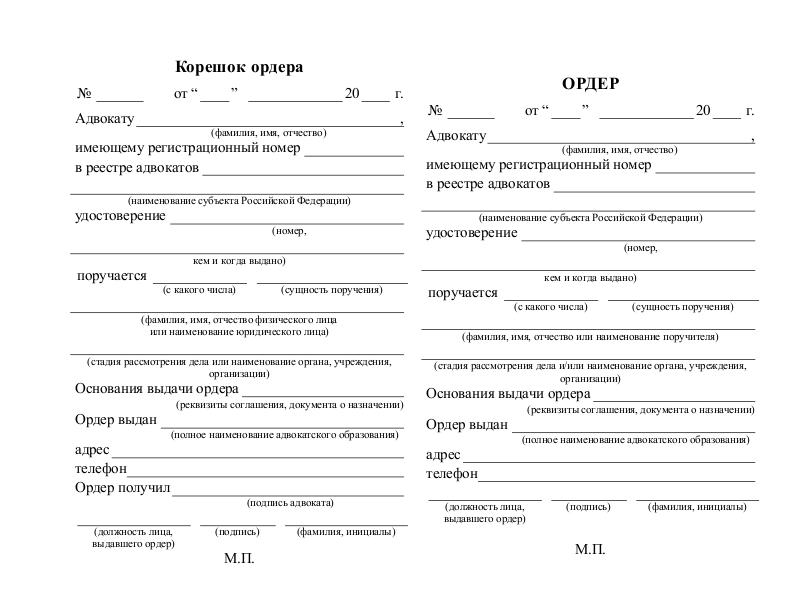
Inconsistencies and incidents in the work of lawyers
Until now, the problem of obtaining a form of a lawyer's order is considered one of the most complex and relevant. This is because such a document, one way or another, involves the disclosure of lawyer secrets from the moment of its execution.In other words, the whole college will know what kind of case a human rights activist is working with, whose interests are represented and what exactly is being done. Moreover, the warrant is issued on the basis of a power of attorney or a client’s request for help, which also indicates additional case materials and specific facts that a person would prefer to hide from prying eyes.
Now this issue is very carefully considered by the authorities. Soon, measures should be taken that, in the end, normalize the work of lawyers and allow them to act legally in accordance with their skill level and status, and without disclosing unnecessary information about the client.
Dates and other features of the document
Like any other paper, especially in the framework of jurisprudence, this one has its own period of suitability. The validity period of a lawyer's order begins from the moment when it is signed on the basis of a power of attorney or a client’s request to protect his interests. According to this document, a lawyer can be in all public and private institutions that are somehow involved in the case that he is investigating. This is his peculiar pass.
Also, the warrant specialist has the right to attend all court hearings and is obliged to protect the client as agreed between them. The document becomes invalid when the case is closed, or in cases where the client in writing refuses the services of a specific human rights defender.

Arbitrage practice
Representatives of the court often require lawyers to issue new warrants at each new stage of the proceedings. In fact, there is no legal basis for such statements. A lawyer's order is issued once and it is valid until the case in which the client of the human rights activist takes part is closed in one way or another.
However, the courts in some cases continue to insist on such a decision, arguing that they are more confident in the qualification of a lawyer to continue and continue to defend a specific individual or legal entity. Also, new warrants for them serve as a guarantee that human rights defenders do not speak on their own behalf in order to win a noisy case and gain glory, etc., but really act by proxy of the client.
What gives an order?
So, we examined above what nuances are associated with obtaining a warrant, and what a lawyer loses by receiving it without fail (this is only a lawyer's secret). But now it’s worth talking about the advantages of such a document and find out what powers it opens for its owner.
So, first of all, a lawyer becomes endowed with multiple rights, that is, all the powers that a person working in the field of jurisprudence can only have. It is also the duty of a specialist to write a statement about the need to secure a claim, and then the statement of claim itself.
The presence of a warrant also implies amendments and changes to certain statements, a partial or complete refusal of claims, the right to refer cases to the arbitration court or the Supreme Court for appeal. In the domestic plan for the warrant, the lawyer has the right in the department of the pre-trial detention center, where his client is located, to receive things and money that were seized from the latter.

Cases when an order is not needed
In modern civil law, working conditions for both lawyers and judges are not as severe as, say, in criminal or administrative. Therefore, often human rights defenders who represent the interests of plaintiffs or defendants in civil matters (disputes, division of property, divorce, etc.) can do this only by proxy.
It is drawn up in any notary's office in just half an hour, and the validity period is determined by the two parties mutually.It is important to know that none of the representatives of the authorities has the right to insistently demand from the lawyer a power of attorney confirming the right to represent the interests of a person. However, without providing such a document, the court or other bodies have the right to refuse the lawyer to receive this or that information or in the presence at the meeting. Here is such an incident. Therefore, in any case, a power of attorney is presented, as practice shows.
Summarize
The situation is not simple, and when it comes to practice, then everything turns, as always, into a long paperwork. During it, both lawyers and their clients lose time and money. Therefore, to solve the problem, the following measures should be taken:
- Recognize the method of concluding agreements and contracts as ineffective and cancel it.
- To give the opportunity to carry out advocacy in accordance with the law only on the basis of a warrant.
- To discuss the processes and scope of doing business with the client, again, as part of the warrant.
- The presence and execution of an order should be taken as a mandatory action in all regions of the country in order to maintain the right to freedom of choice.
- Demand from local authorities the cancellation of the compilation and certification of repeated documents.
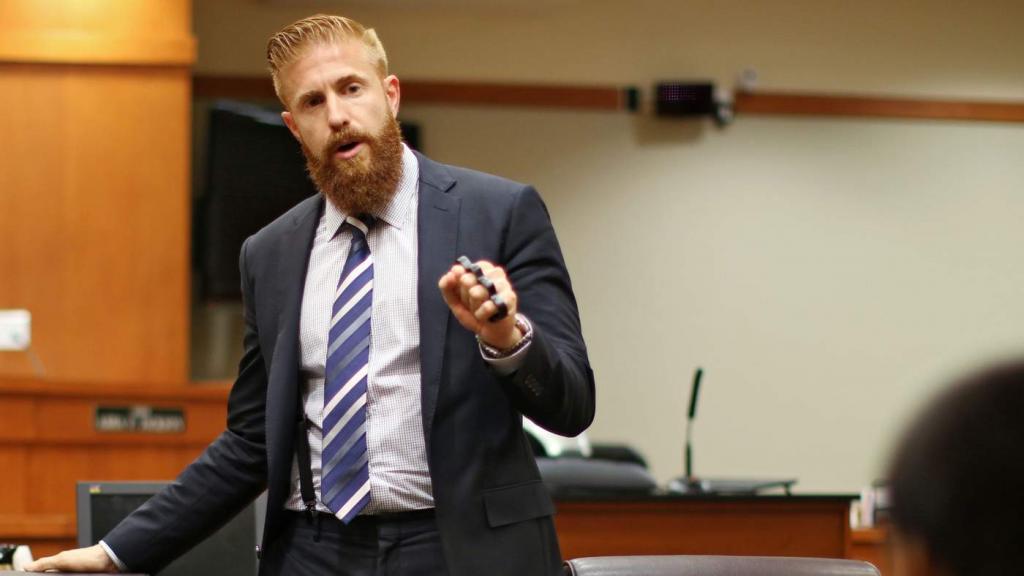
Conclusion
Having considered all the provisions on the issue raised, finding out who issues the lawyer warrant, how it works, it becomes clear that it is very difficult to work under the law. The norms and projects established by the Code, by and large, only complicate the process and delay it.
Everyone adapts to the specifics of their region and their business, but it is not always possible to do everything correctly and reasonably. Lawyers can only hope that the situation will soon change, and the state will normalize work in this area.
